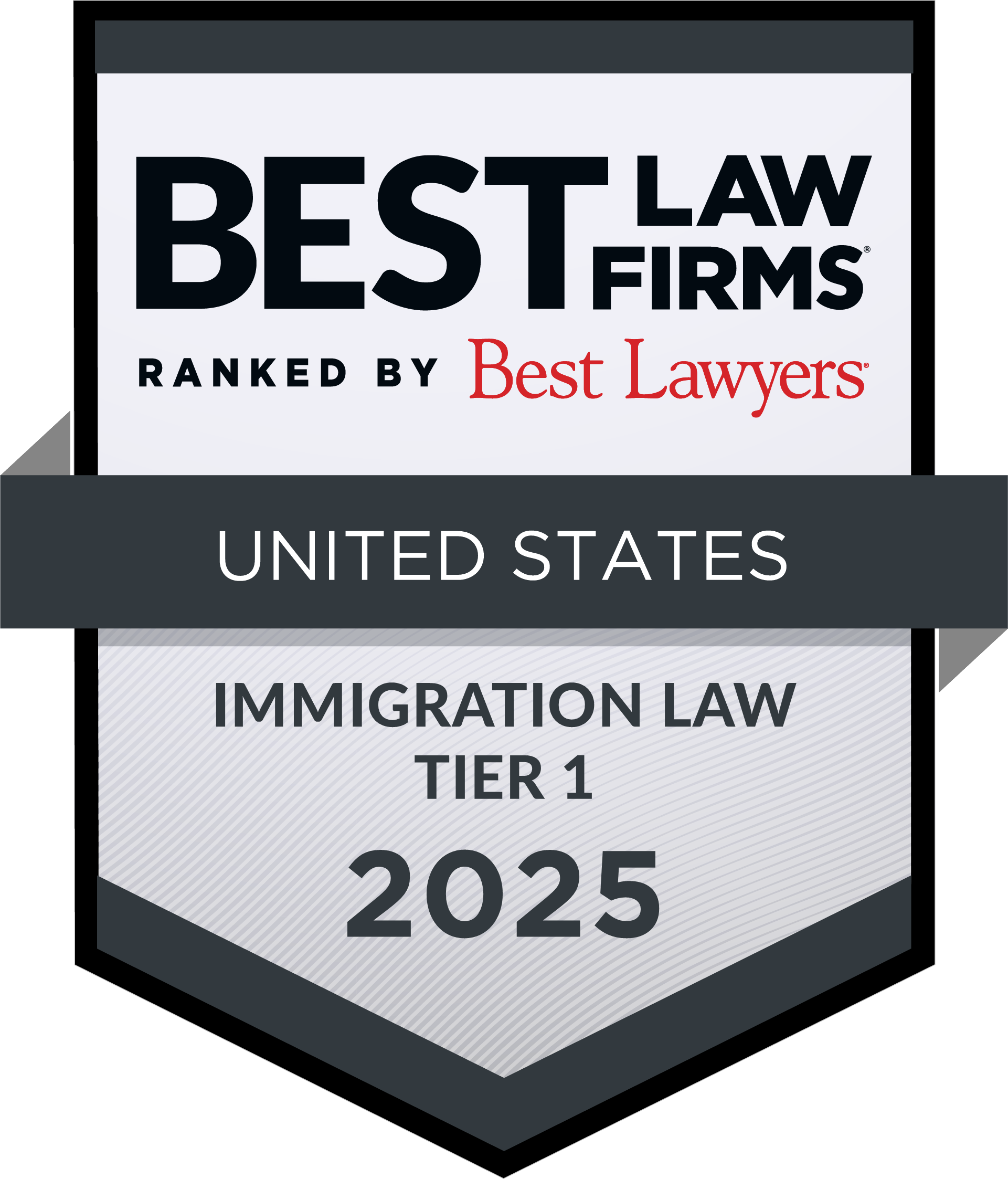
USCIS Announces FY 2025 H-1B Cap Reached: What Employers and Employees Need to Know

The U.S. government has strict rules to control the “export” or release of sensitive technologies to a company’s foreign national employees. To help navigate these complex guidelines, the seasoned Virginia immigration lawyers here at Goel & Anderson provide comprehensive assistance on product, technology, and immigration-related export controls.
When a company’s work involves sensitive technologies, a host of immigration issues can arise. Most commonly, foreign employees may encounter significant delays in obtaining a new visa from a U.S. embassy or consulate abroad. Such will be the case if the presiding consular officer concludes that the employee’s proposed activities fall within one or more occupational categories listed on the Department of State’s Technology Alert List, a list identifying activities that may be considered detrimental to U.S. security. The Technology Alert List focuses on the fields of science and technology and includes activities undertaken in the context of graduate-level studies, teaching, research, exchange programs, employment and training, and commercial transactions.
The Department of State (DOS) has issued this list in response to concerns over the illegal transfer of controlled technology. The DOS’s objectives are to stem the proliferation of weapons of mass destruction and to prevent the transfer of arms and sensitive dual- use items to terrorist states. At present, the Technology Alert List contains fifteen (15) categories listing the affected technologies, although the list is not exhaustive. Should you believe the skills held by a foreign national employee at your company are related to these categories, further analysis must be considered. The fifteen covered categories are:
Foreign national employees whose proposed U.S. activities appear on this list may be subjected to an additional security clearance in connection with the visa stamp application. In a worst-case scenario, the employee could be denied a visa altogether if the consular officer feels that the proposed activities may be detrimental to U.S. security. Security clearances are now taking one to three months (sometimes longer) to obtain, and during this time the employee must remain outside the United States.
It is the proposed U.S. activity that governs whether the employee might be subject to this additional security clearance—not the country of citizenship or nationality. Thus, security clearances could be required of (and delays experienced by) citizens and nationals of any country, including those nations that enjoy friendly relations with the U.S. Further, consular officers at U.S. embassies and consulates around the world are free to interpret this program according to their discretion.
As a result, an individual who has no direct relationship with these activities could, by virtue of a job description or a company affiliation, be subjected to a clearance if the consular officer deems it appropriate. There is no right of appeal from a consular officer’s decision. Thus, if your foreign employee works in a field described above or is engaged in an educational or research program involving such a field, he or she may encounter significant delays in connection with the application for a visa stamp.
In order to minimize the risk of delay and the attendant disruption to the personal and work life of the employee, the employee may wish to consider limiting any international travel if he or she requires a new visa stamp in order to return to the U.S.
In addition to assisting when a Technology Alert List determination or inquiry delays visa issuance, our services also include:
If you have questions about U.S. Export Controls and their impact on immigration, please contact Goel & Anderson for an assessment and further guidance.

Washington DC, Metro
1775 Wiehle Ave, Suite 200
Reston, VA 20190
India
603 East Court Building
Phoenix Market City, Viman Nagar
Phone
1 877 GOELLAW© 2025 Goel & Anderson, LLC.
All rights reserved. Attorney advertising.